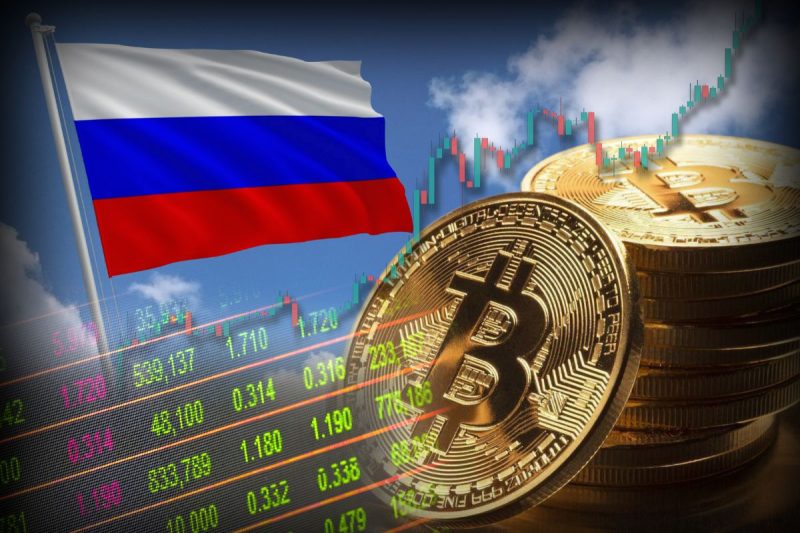Moscow has taken a decisive step toward reshaping its trade infrastructure. The Russian government plans to legalize cryptocurrency use in cross-border transactions, marking a major shift in its financial strategy to counter Western sanctions and lessen dependence on the U.S. dollar.
A Strategic Move Toward Crypto in Trade
According to officials, the Ministry of Finance and the Central Bank of Russia have reached an agreement on the legal framework for crypto-based international settlements. Finance Minister Anton Siluanov described the decision as a “strategic step” aimed at maintaining trade continuity amid increasing global financial isolation.
Under this new policy, Russian exporters and importers will be allowed to use approved digital assets for international payments. The central bank will oversee these operations to ensure compliance and financial transparency.
Sanctions and Dollar Diversification
The move follows a series of Western sanctions imposed after Russia’s invasion of Ukraine. These measures restricted the country’s access to global banking systems, particularly those that rely on dollar-based transactions.
For years, Moscow has explored alternatives to the dollar, experimenting with crypto in limited trade contexts. However, this new policy formalizes those efforts by establishing a regulated framework for digital-asset settlements in foreign trade.
Limitations and Global Implications
Despite the legalization of crypto in international trade, domestic retail transactions using cryptocurrencies will remain restricted. The government clarified that only foreign trade-related operations qualify under this policy. Strict monitoring measures will be in place to prevent illicit financial flows, with the central bank managing oversight and risk assessment.
From a geopolitical perspective, the initiative underscores Russia’s push to diversify away from Western-controlled financial systems. Analysts from the RAND Corporation note that while crypto may offer Russia a way around sanctions, it also introduces new risks related to transparency and global financial stability.
The success of this program will depend heavily on how effectively the central bank can monitor cross-border payments and maintain capital control. For international partners, the shift raises questions about how such crypto-based transactions will align with existing global sanctions and regulatory systems.
